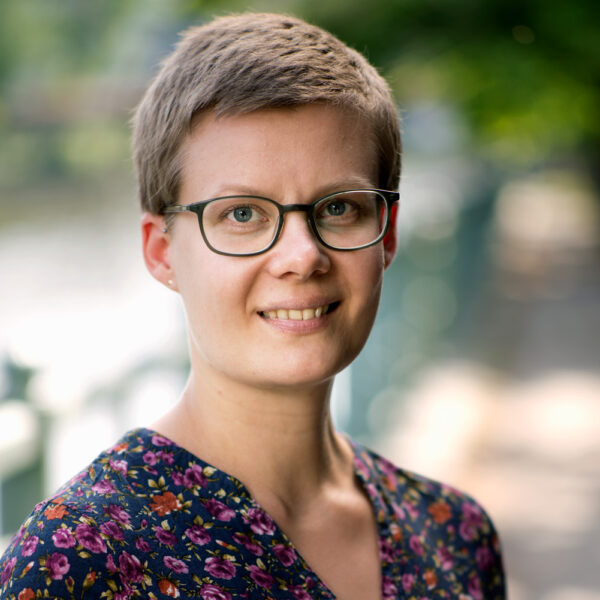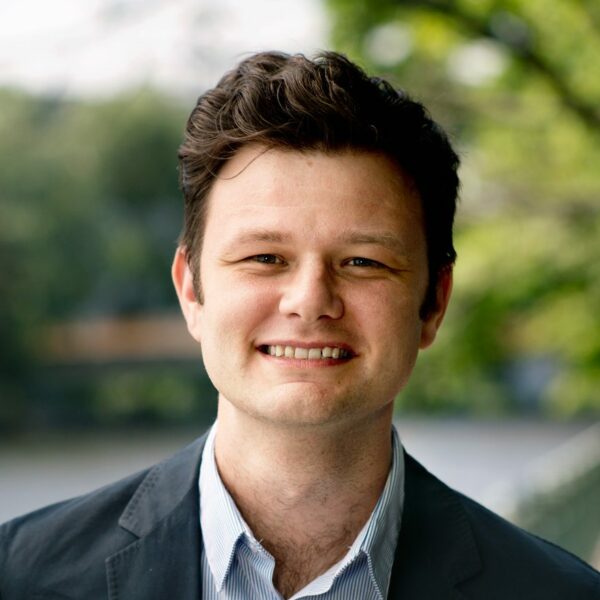Current research shows that civil society in over half of the countries of the world is facing serious and growing restrictions on its freedom to engage, express itself and be heard. Activists and human rights defenders in formal and informal spaces are building new bridges of solidarity to move forward, but these are challenging times for our community.
With increased surveillance, persecution and even violence against activists, many civil society organisations have come under attack, particularly those advocating on behalf of excluded groups and minorities, for democratic rights and in defence of the environment.
Human rights defenders in Africa, Latin America and Asia, as well as in other parts of the world, have been targeted and attacked. 212 environmental and land rights defenders alone were killed during 2019, and 219 human rights defenders are estimated to have been killed or died in detention in 2016. Technology advances have brought increased surveillance on civil society and create new risks for civic space.
The civic space case studies contained within the recent Forus report “Realising the potential of Goal 16 to promote and protect civic space” highlight the many restrictions civil society currently faces in different parts of the world. From Nepal to Colombia, it has become increasingly difficult to exercise rights of association, assembly and expression.
Now the question is – how can we protect fundamental freedoms, essential to the creation of a healthy, functioning civic space, where people’s voices are being heard?
The recent Forus report, Realising the potential of SDG 16 to promote and protect civic space, highlights how a particular Sustainable Development Goal (SDG)can provide important leverage for civil society everywhere in its efforts to create and defend civic space, and to be more effective in monitoring and implementing the 2030 Agenda.
Many in the human rights community are sceptical about what they regard as the weak potential of the SDGs to advance a universal human rights agenda. In his foreword to the report on Goal 16 and civic space, the former Special Rapporteur for Extreme Poverty and Human Rights, Philip Alston, claims that despite almost 20 mentions of human rights in the text of the 2030 Agenda, no reference is made to any specific civil or political right.
Alston argues that human rights in general remain marginal and invisible in the agenda. He points to the behaviour of many governments who have side-lined or even rejected the inclusion of human rights in national SDG programming. He also refers to SDG reports by the UN and World Bank which he claims pay little or no attention to human rights, with the exception of the issue of gender.
Such ambivalence towards the 2030 Agenda has led some human rights activists and practitioners to overlook or disregard the role that SDG 16 could play in promoting civil and political rights globally. Here’s why SDG 16 could be effective in promoting and protecting civic space.
The effective implementation of SDG 16 can have profound implications for civic space in countries across the world. The goal broadly focuses on issues of governance and aims to “promote peaceful and inclusive societies for sustainable development, provide access to justice for all, and build effective accountable and inclusive institutions at all levels”. A specific target of SDG 16, Target 16.10, commits UN member states to “Ensure access to public information and protect fundamental freedoms”.
These freedoms, which include basic rights to associate and assemble peacefully and to express views and opinions, are themselves fundamental human rights protected under international human rights law, and they are essential to the creation and maintenance of civic space.
And yet, the two global-level indicators which have been adopted to date by the international community, do not adequately assess progress in protecting and promoting fundamental freedoms.-In particular, because they do not directly measure the extent to which fundamental freedoms of association, assembly and expression are being protected in day-to-day civic life as citizens attempt to engage with issues which impact on their communities and wider societies.
This failure to monitor and measure the extent to which citizens are free to participate in the civic life is a significant omission where SDG 16 is concerned.
There is an urgent need for the international community to extend the scope of SDG 16 civic space indicators which are currently limited to an outcome indicator measuring the extent to which activists, human rights defenders and others have been kidnapped imprisoned or murdered. Additional global indicators must be developed which measure the extent to which citizens can exercise their rights to freedom of association, assembly and expression in their communities and societies, in accordance with international human rights standards and national human rights laws.
Following the launch of the Goal 16 report at the UN High Level Political Forum in 2020, Forus and its partners intend to collaborate with interested civil society networks and other groups on a new global advocacy campaign. This campaign will call for a wider range of civic space indicators to be adopted by UN member states as official Goal 16 indicators and to become part of national regional and global review processes of the 2030 Agenda. For this we need human rights defenders.
The involvement of human rights activists and practitioners in this global advocacy campaign, and in the wider monitoring and review of SDG 16 implementation, will be crucial as it could bring its considerable technical expertise, advocacy capacities and political influence to bear on the process. Let’s join forces to launch a broad dynamic strategy for fundamental freedoms to be promoted and protected. Please contact me on Deirdre@forus-international.org if you wish to discuss this proposal further!














